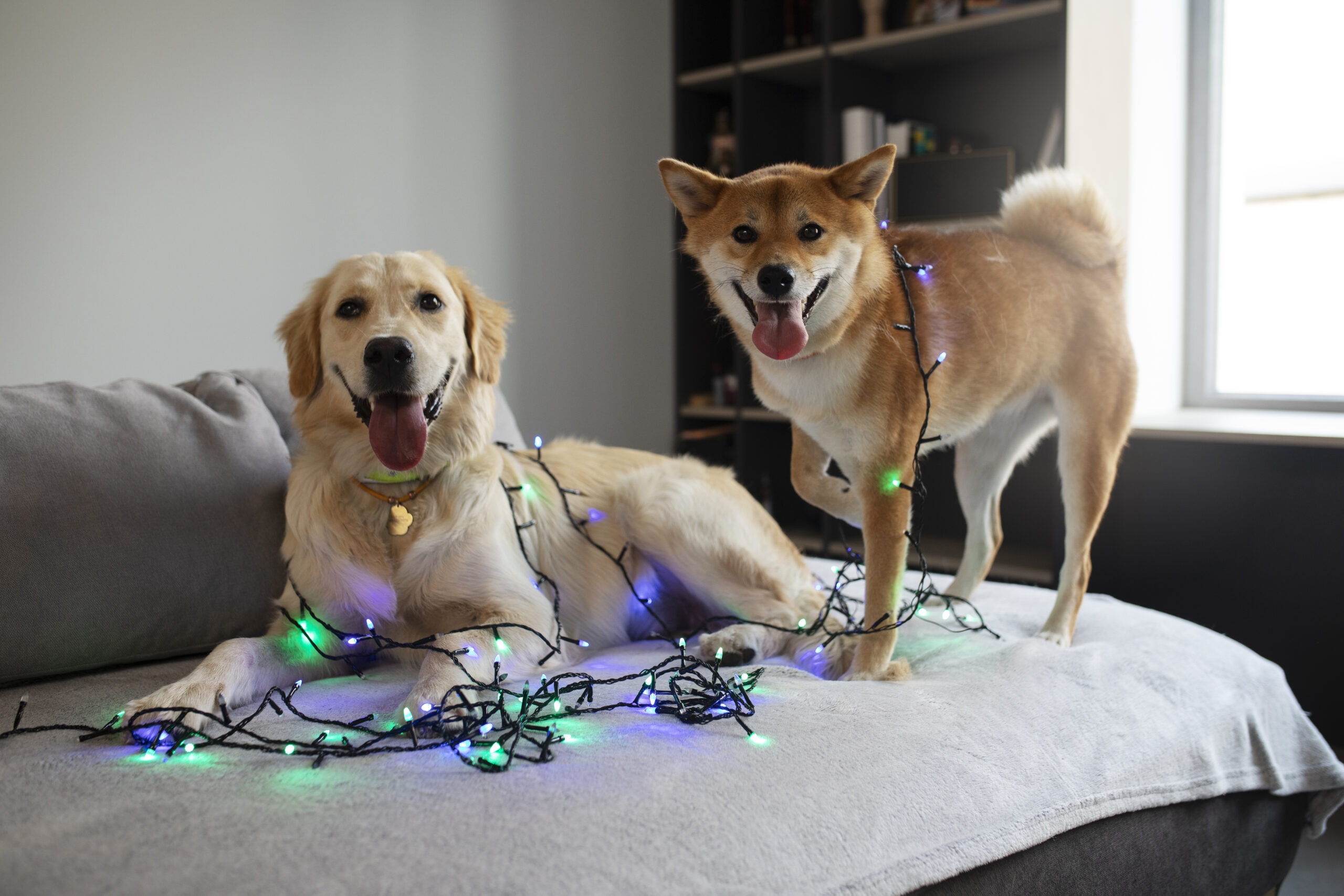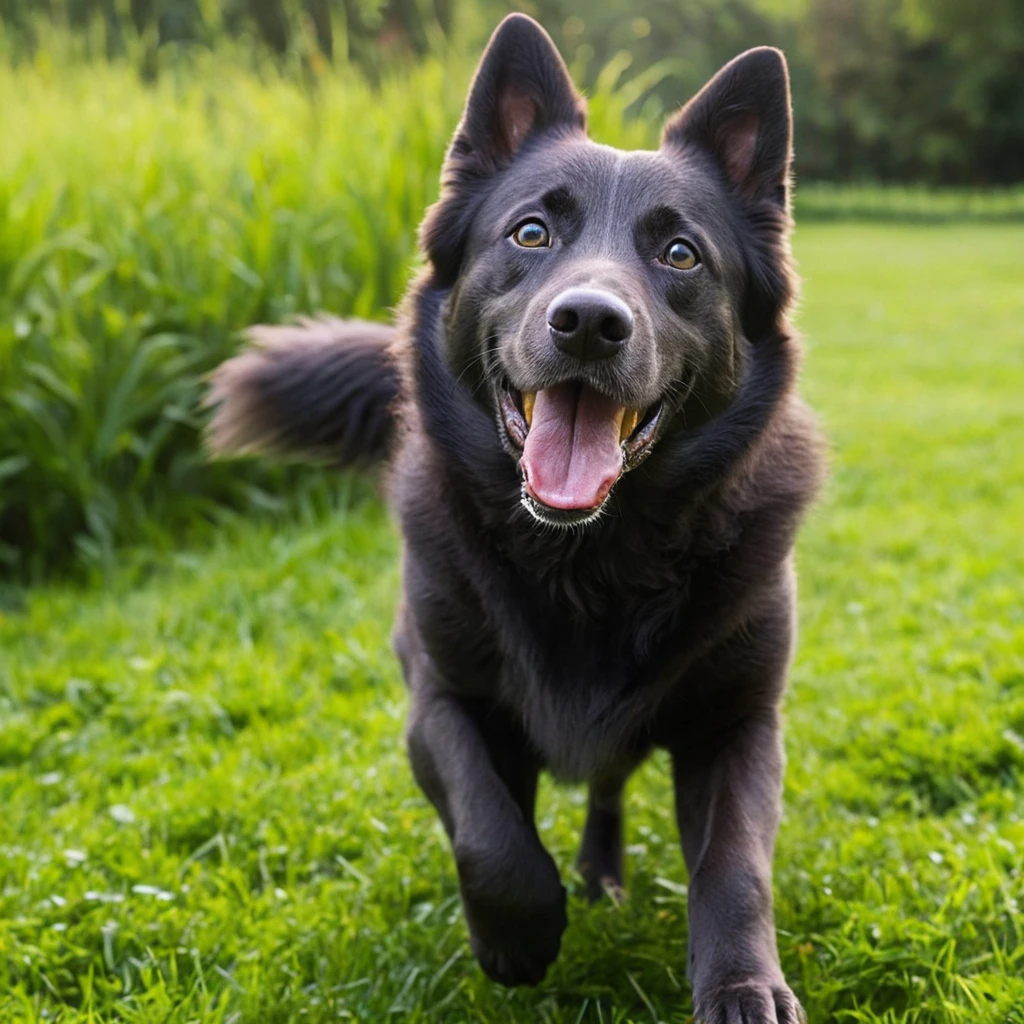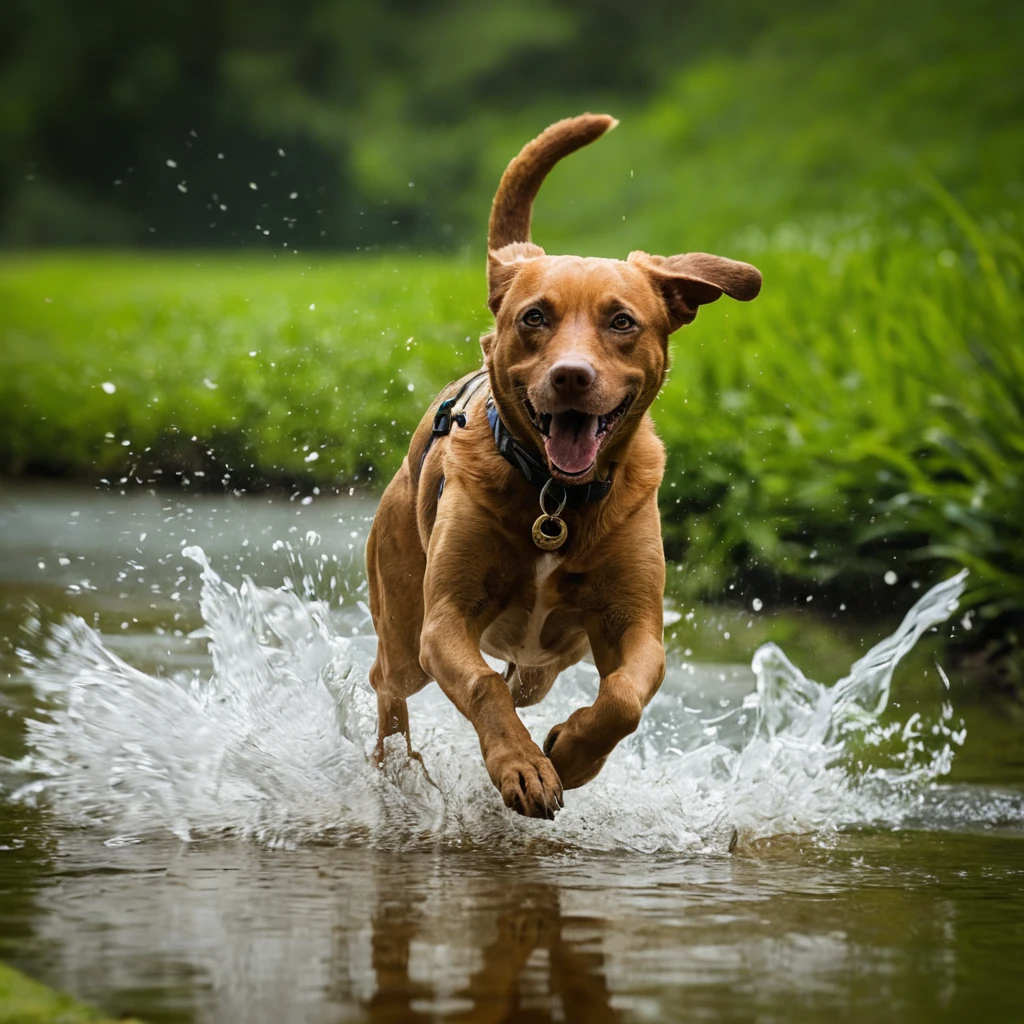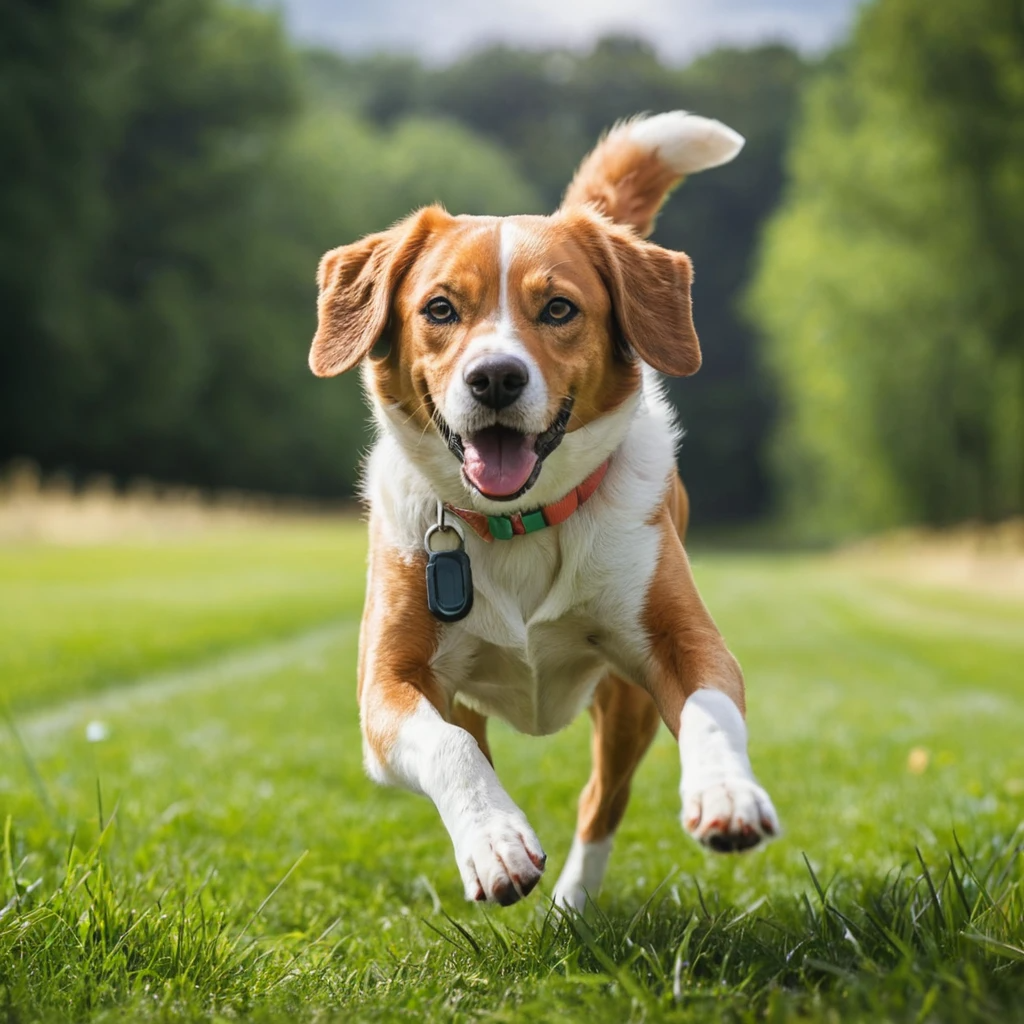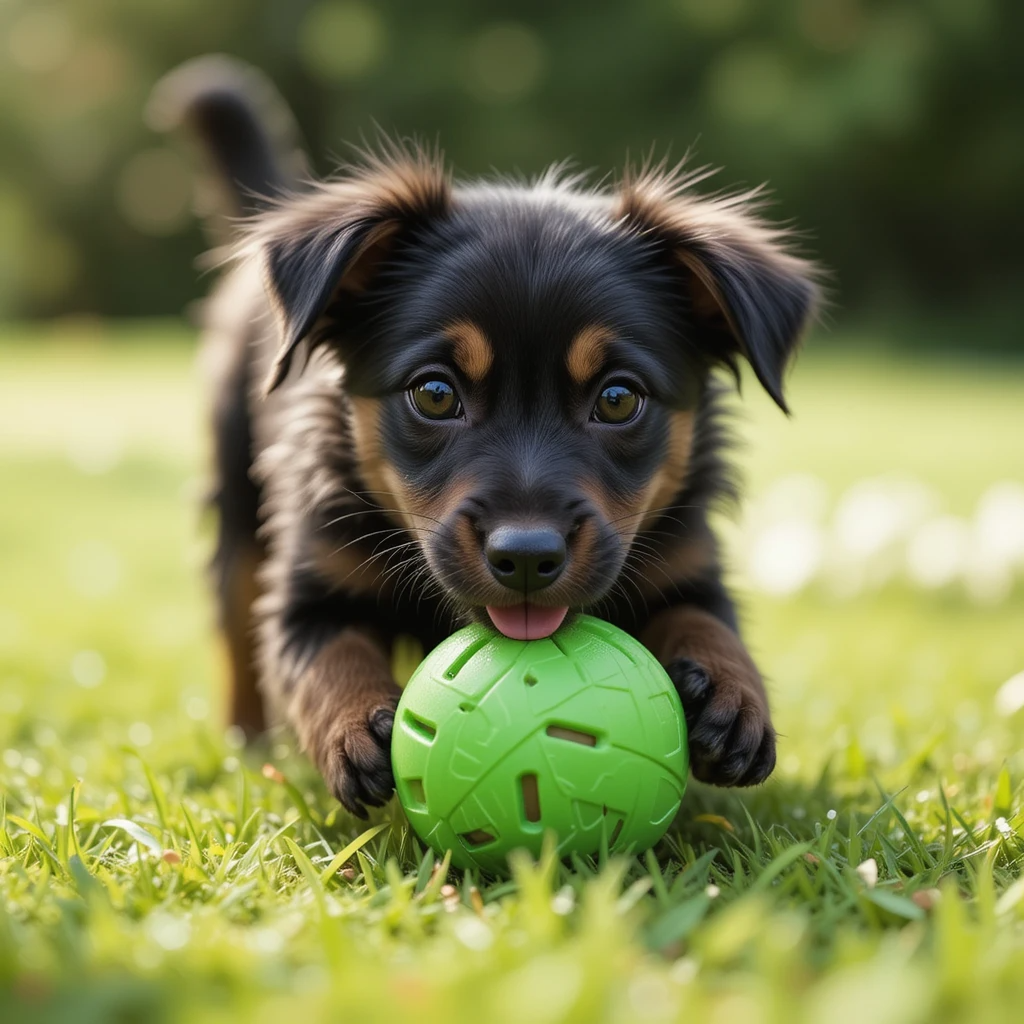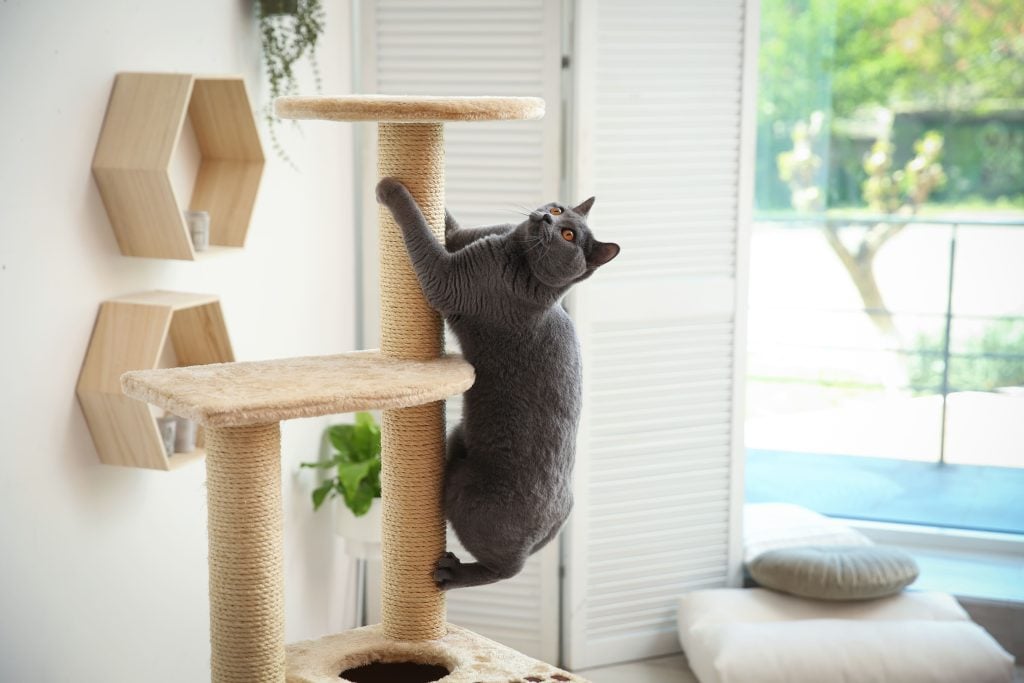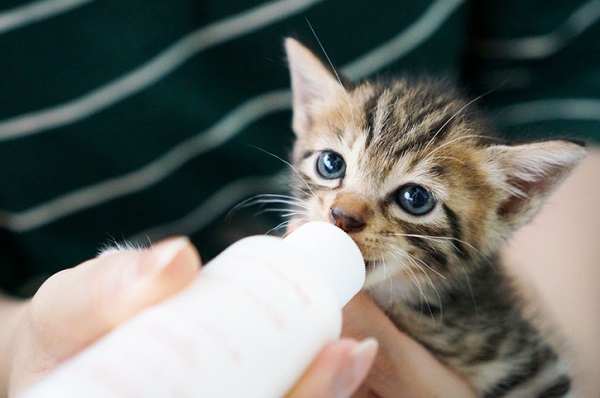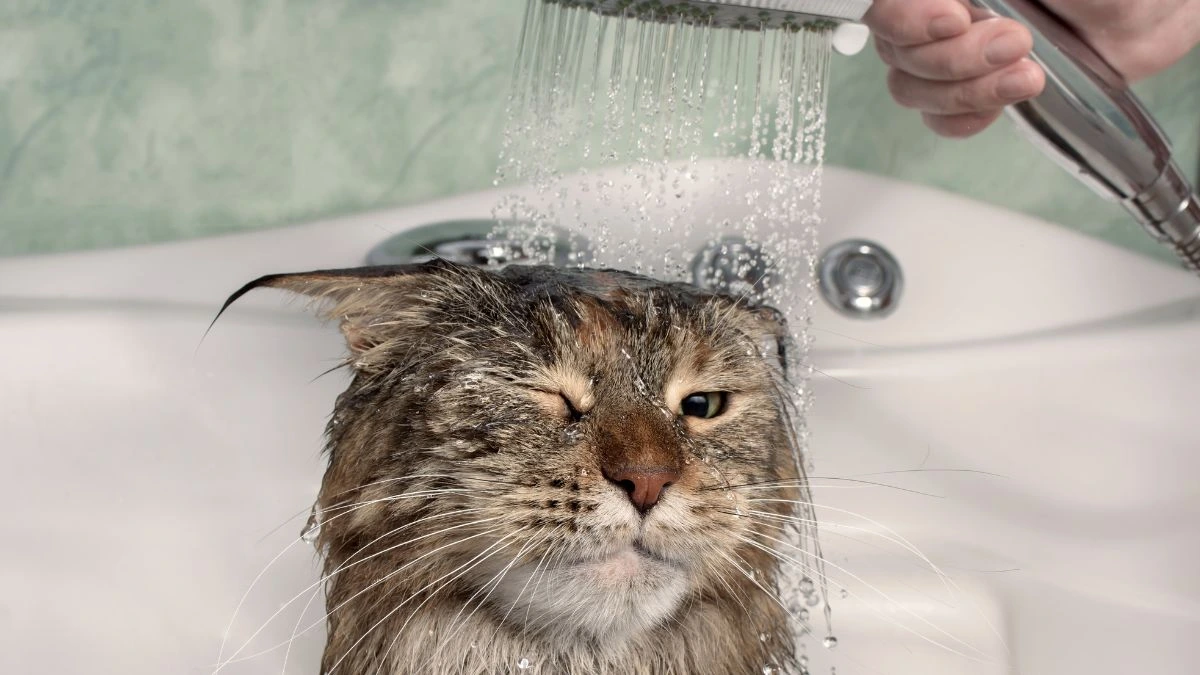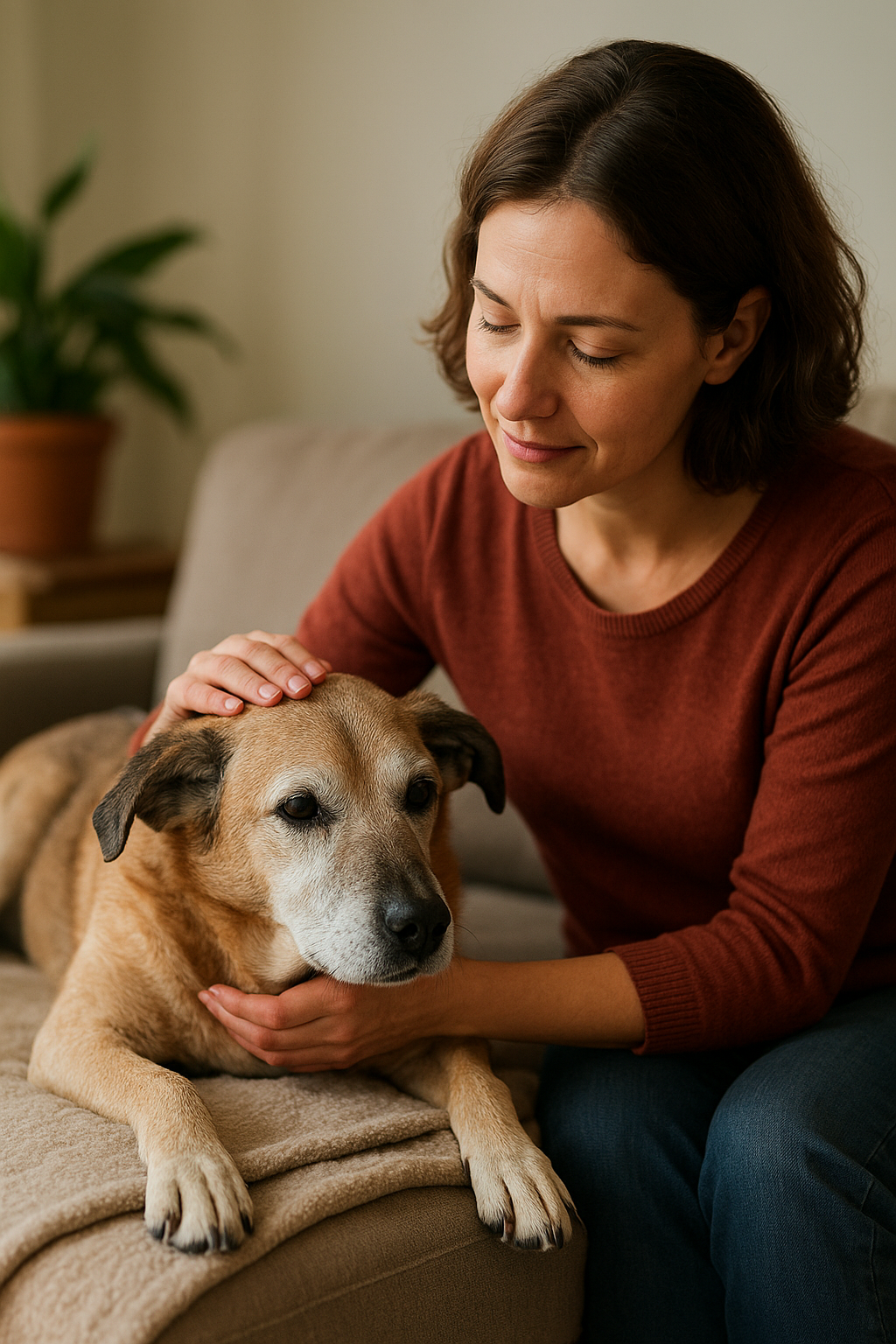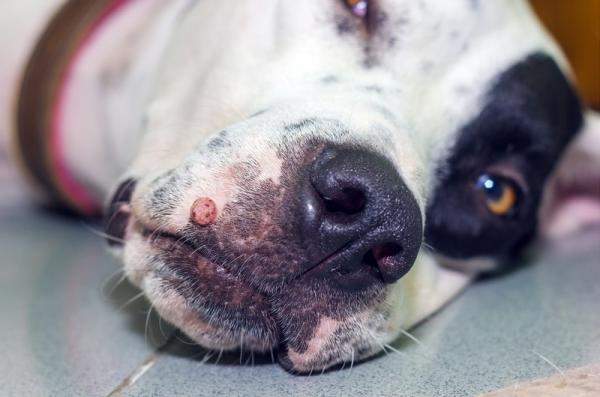Fireworks can be a beautiful spectacle for humans, but for pets, they are often a source of fear, anxiety, and stress. Many dogs and cats experience extreme panic, hiding, trembling, or even trying to escape when they hear loud explosions.
The good news is that there are ways to help your pet feel safer during fireworks. In this guide, you’ll learn how to prepare in advance, create a calm environment, and support your pet when they feel scared.
1. Why Are Pets Afraid of Fireworks?
Dogs and cats have much more sensitive hearing than humans, which makes loud, unpredictable noises frightening for them.
🐶 Why Dogs Fear Fireworks:
- Sudden, unpredictable loud noises
- Vibrations that make the ground shake
- Flashing lights that seem dangerous
- Lack of understanding of what’s happening
🐱 Why Cats Fear Fireworks:
- Sharp, high-pitched sounds that resemble danger
- Unfamiliar, chaotic environment
- Instinct to hide from potential threats
Pets don’t understand fireworks the way humans do. For them, these explosions feel like a real danger, triggering their fight-or-flight response.
2. Signs of Firework Anxiety in Dogs and Cats
Every pet reacts differently, but here are some common signs of fear:
🚨 Signs of Firework Anxiety in Dogs:
❌ Trembling or shaking
❌ Whining, barking, or howling
❌ Pacing or restlessness
❌ Hiding under furniture
❌ Trying to escape or run away
❌ Panting, drooling, or excessive yawning
🚨 Signs of Firework Anxiety in Cats:
❌ Hiding under the bed or in small spaces
❌ Dilated pupils or wide eyes
❌ Flattened ears and puffed-up fur
❌ Refusing to eat or use the litter box
❌ Sudden aggressive behavior or scratching
If your pet shows these signs, it’s important to help them feel safe and prevent panic.
3. How to Prepare in Advance for Fireworks
The best way to protect your pet is to plan ahead before fireworks begin. Here’s what you can do before the big event:
✅ Prepare a Safe Space
- Choose a quiet room where your pet already feels comfortable.
- Close windows, curtains, and doors to reduce noise and flashes of light.
- Add soft blankets, toys, and familiar scents to make it cozy.
- For cats, provide hiding spots like an open closet or a covered box.
✅ Provide Background Noise
- Play calming music or white noise to help mask the sound of fireworks.
- Use a TV, fan, or air conditioner for additional background noise.
✅ Exercise Beforehand
- Take your dog for a long walk earlier in the day to tire them out.
- Play with your cat to release excess energy before the fireworks start.
- A tired pet is less likely to panic.
✅ Close All Exits
- Make sure doors, windows, and fences are secure to prevent escape.
- Many pets run away out of fear during fireworks. Microchipping and ID tags can help if they do escape.
4. How to Comfort Your Pet During Fireworks
Once fireworks start, it’s time to help your pet stay calm.
🏡 What You Can Do:
✔ Stay calm and act normal – Your pet looks to you for cues. If you panic, they will feel even more afraid.
✔ Let them hide if they want to – Forcing them to come out may increase stress.
✔ Offer gentle reassurance – Talk in a soft, soothing voice, but don’t overdo it. Too much attention may confirm their fear.
✔ Provide a favorite toy or treat – Chew toys, licking mats, or puzzle feeders can distract them.
✔ Try a calming wrap or weighted blanket – Some dogs respond well to pressure therapy (like a ThunderShirt).
🐾 Tip: Never punish your pet for being afraid. Fear is an involuntary reaction, and punishment can make it worse.
5. Natural Remedies and Anxiety Aids
If your pet experiences severe firework anxiety, you may want to try additional calming methods.
🌿 Natural Calming Options:
- Pheromone diffusers (like Feliway for cats or Adaptil for dogs)
- Lavender or chamomile scents (safe essential oils used in a diffuser)
- Calming supplements with ingredients like L-theanine or valerian root
💊 Medications for Severe Anxiety:
If your pet has extreme fear, talk to your vet about prescription anti-anxiety medications. These can help pets with panic attacks stay calm and safe.
🐾 Tip: Always test new remedies before fireworks night to see how your pet responds.
6. Long-Term Training to Reduce Firework Fear
If your pet has ongoing firework anxiety, you can train them to be less fearful over time.
🎯 Desensitization Training (For Future Events)
- Play firework sounds at a very low volume while giving treats and praise.
- Gradually increase the volume over several weeks, always keeping your pet calm.
- Over time, your pet will learn that firework sounds aren’t a threat.
🎯 Counterconditioning
- Associate fireworks with something positive, like treats, playtime, or meals.
- Every time your pet hears a low firework noise, give them a reward.
- This rewires their brain to expect good things instead of fear.
🐾 Tip: This training takes time, so start months before big firework events (like New Year’s Eve or the Fourth of July).
7. What Not to Do During Fireworks
🚫 Do NOT force your pet to “face their fears.”
🚫 Do NOT leave them alone outside.
🚫 Do NOT ignore their fear completely.
🚫 Do NOT punish them for reacting to fireworks.
🚫 Do NOT take them to a fireworks show.
Your pet depends on you to keep them safe. The best thing you can do is stay with them, stay calm, and provide comfort.
Final Thoughts: Keep Your Pet Safe and Calm During Fireworks
Fireworks can be terrifying for pets, but with the right preparation and support, you can help them feel safe and relaxed.
🐾 Key Takeaways:
✔ Prepare a quiet, safe space in advance.
✔ Use calming music or white noise to mask the sound.
✔ Provide reassurance, toys, and gentle comfort.
✔ Try natural remedies or vet-approved medications for severe anxiety.
✔ Train them gradually to be less afraid in the future.
By following these tips, you can turn firework nights from a time of panic into a calmer, safer experience for your beloved pet.

